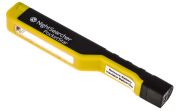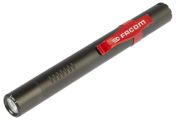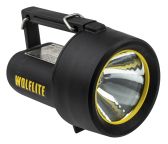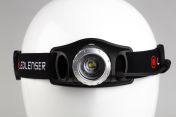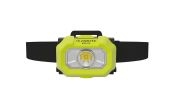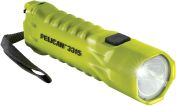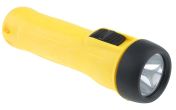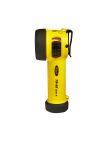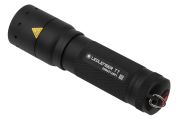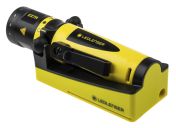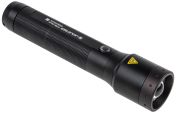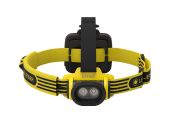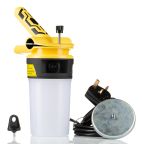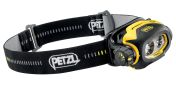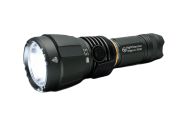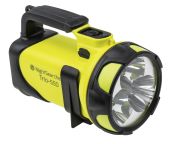Torches and inspection lamps are essential tools for providing illumination when working in a wide variety of locations and conditions, especially in hazardous or inaccessible sites where ambient or wired lighting may be insufficient for safe, accurate working.
Inspection lamps are ideal for use in close-up and maintenance tasks, as well as for backup/emergency use in blackouts or hazard situations. Within our range, you will find a number of high-quality torches and inspection lights from leading brands including Petzl, Mag-Lite, Wolf Safety and Led Lenser.
What types of torches and inspection lamps are available?
From penlights to superbright focusable LED torches, replacement bulbs and everything in between, our huge range of temporary and battery-powered lighting products includes torch chargers, clips, clamps and bulbs, as well as ATEX approved products. Our products are available in various lamp types, to help you select the one you need, we have outlined the difference below:
LED torches are typically very bright (high lumen output), consume minimal power, and have considerably longer lifespans than most other bulb types. They often produce a ’daylight’ (cold/bright white) colour temperature, which is better for working and observing in detail.
Incandescent torch bulbs are often among the cheapest to buy, but a lot of the energy they consume is lost as heat. They’re less economical in the long run and require much more frequent replacement. They generally produce light at warmer colour temperatures.
Halogen torch bulbs tend to fall somewhere between incandescent and LED versions - they work much like incandescent bulbs, but using a tungsten filament mixed with halogen gas, which allows for brighter light and a longer lifespan.
Fluorescent torch bulbs are most often used in strip-type handlamps or light bars and can be good for casting a fairly bright light over a larger inspection area. However, fluorescent bulbs consume more energy than LEDs and must be treated with care as they contain mercury. They can also take a little time to ’warm up’ to temperature, making them less useful as emergency backups.







